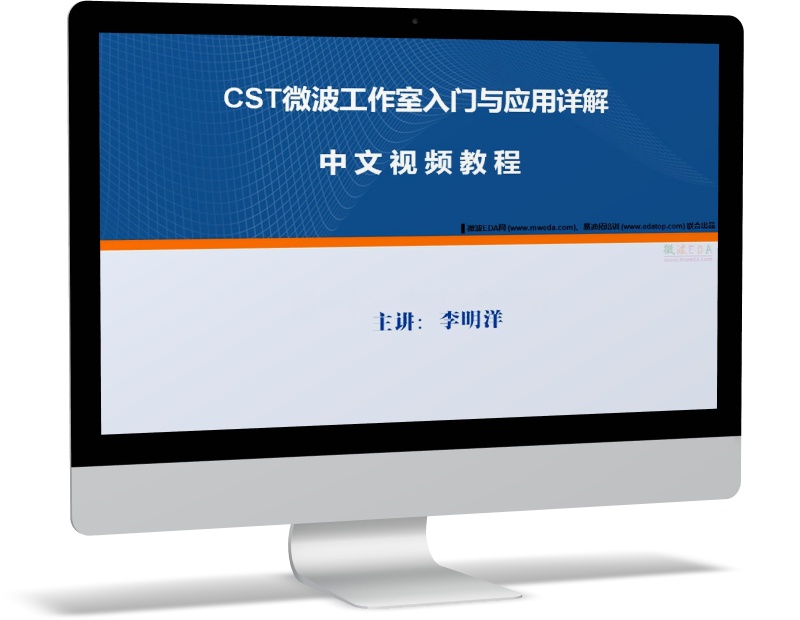A guide for CST cell optimization
In order for the simulation to yield accurate results, the model needs to be meshed properly and it is oftentimes beneficial to assign local mesh properties to certain structures to ensure that the meshing will be finer in that region. In general I would be very interested in a guide/tutorial for manually optimizing the meshing (time domain hexahedral) for an antenna.
More specifically I have a issues that have been bothering me:
Adaptive meshing: This is very useful in theory but when whenever I need to run the simulation again, it 'adapt's all over again. There is quite a lot of overhead when CST runs 5-6 simulations before being satisfied by a mesh. Is there a way for cst to not forget how it adapted the mesh whenever I change a parameter?
TLM: Eliminating unnecessarily fine meshes caused by 'bleeding' would speed up the simulation immensely however I feel as if the solver gets carried away with eliminating fine meshes. TLM simulations have been always somewhat less accurate. For example I had run a Hexagonal TLM with 100 Million cells and a Hexagonal with 2 Million cells, regular hexagonal was more accurate (they took about the same time). TLM method should have been far more efficient, yet it wasn't really. Does anyone have a suggestion?
Lets say I have a meshing that I am satisfied with, is there a way to make the mesh twice as fine, without messing anything? I want to refine it by a factor of 2 in every direction, so I want the cell count to increase by a factor of 8. This is useful when I wish to confirm the simulations up to that point by using an unnecessarily fine mesh.
Any tips about meshing is welcome,
Thanks
Is there a way for cst to not forget how it adapted the mesh whenever I change a parameter?
answer: no. but if you want, you can write down number of meshes and apply the same number after changing parameter.
Can I simply specify how many cells I want? I can't find that option.
Hi Nhera,
If I'm not mistaken, the 'expert system based' option in the refinement strategy does exactly that.
Expert system based refinement strategy.
Choosing this strategy, the mesh refinement is performed by successively changing the settings of the mesh expert system. This offers the possibility of running the mesh adaptation only once to generate an appropriate mesh line distribution for the current simulation model. This optimized mesh can be used afterwards for further calculation runs with modified parameters (e.g., parameter sweeps or optimization cycles) without activating the refinement process again.
Yup, you can specify how many lines (meshcells) per wavelength of your solver domain under mesh properties. Subgridding option is also available where you can use a more dense setting in critical areas, and sparse cells in less critical areas to save some simulation time.
yes you can. you have to click "mesh properties" in the menu and then change mesh cells/wavelength until the total mesh cells reaches or exits the number you had before. look at 6 min in the video below.
https://www.youtube.com/watch?v=PrgeTstTDII
Ohhhhh, thats the good stuff right there.
Thanks.





